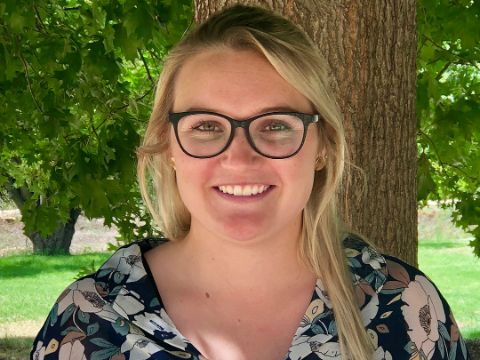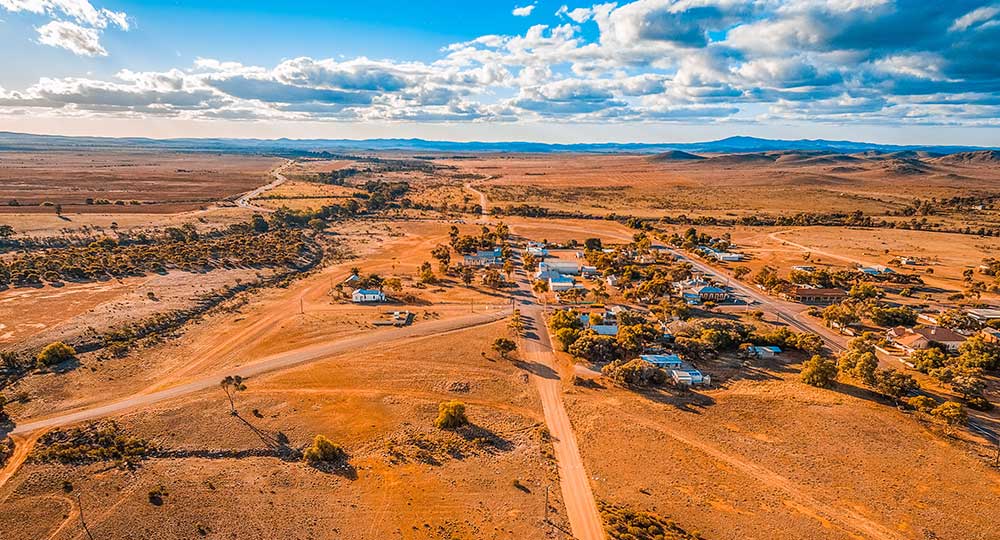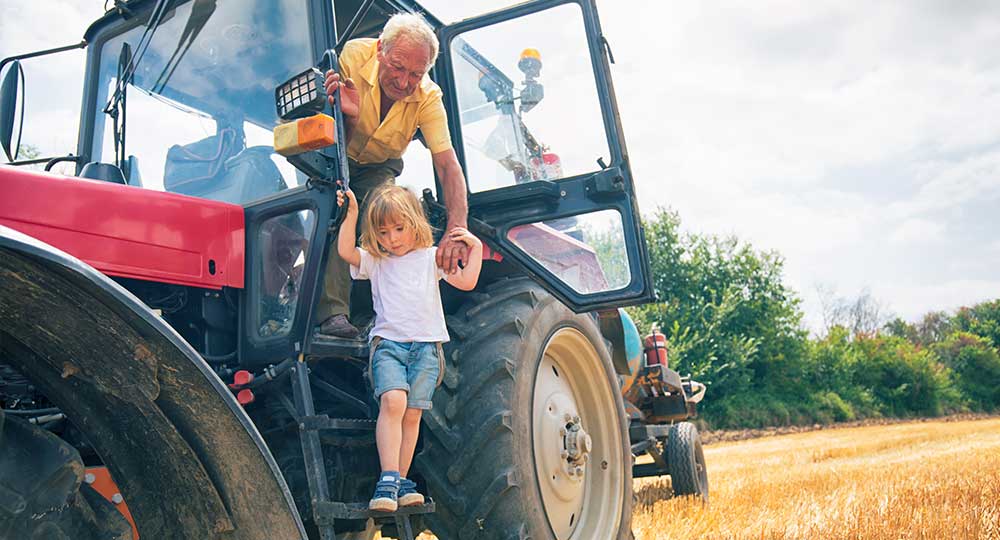Healthcare workers have never been more important – or more in demand. The government predicts that a wide range of health roles will have strong demand going forward. And that means opportunities for qualified professionals to start and advance their career. All while helping Australians when they need it most. From nurses to aged carers, sonographers to speech pathologists – the healthcare sector needs more people to make a difference. And nowhere more so than in our regions. Rural health in Australia is a pressing issue – with opportunities for qualified professionals to make a real difference.
Ready to be in demand? Explore Charles Sturt University’s health courses.


Everyone deserves access to healthcare, but that hasn’t always been the case in Australia’s more far-flung places. That needs to change. To understand why the future of rural health in Australia is critically important, we spoke to Dr Elyce Green, Charles Sturt rural health lecturer.
Elyce’s journey
After studying nursing and paramedicine with Charles Sturt University, Elyce worked as a nurse in Young, Bathurst and Broken Hill. She built her skills as a critical care nurse before heading back to Wagga Wagga to tackle her PhD and begin a new phase of her career as a lecturer at Charles Sturt.
It’s a role that sees her empower the rural health workforce through education, mentorship and research.
“As a nurse, every day offers you the opportunity to affect the lives of patients and staff. But working with Charles Sturt means I have the ability to have a wider effect on rural health. I have the opportunity to:
- Influence those at the beginning of their health careers through education. And mentor those who are further along.
- Help attract and retain health professionals by having rural health acknowledged as a valuable specialty.
- Showcase the clinical outcomes we achieve for people.
- Feedback the innovative and interesting elements of rural health into overall health practices.
- Do a lot more research – and perhaps influence policy.”
And it’s a role that has enabled her to get a clear snapshot of the state of rural health in Australia.
Did you know? Charles Sturt University has a suite of graduate certificates in nursing, including one specialising in rural and remote care.
Why is rural health in Australia important?

The most basic reason to ensure we provide appropriate rural health services is equality, Elyce explains.
“Most of us would be aware that the health outcomes of people in rural communities aren’t as good as those of our metro counterparts. (For example, our mortality and morbidity rates are worse.) But we deserve the opportunity to have those positive outcomes!
“It’s a challenge to ensure that people have equal access to healthcare. Without the chance to get the right health information and treatment in a timely manner, the impact is great for both the individual and the communities where they live.
“Without equitable access, the strength of our communities – whole towns and villages – are impacted. That’s often because what happens in a small community affects everyone. It’s not contained to just one person – there’s the network effect.”
The real ramifications

There are two areas that Elyce uses to highlight how inequality in health services impacts those in rural areas – now and also into the future.
Farming families
“A lot of rural families, like mine, are farmers. So they’ve had years of drought, bushfires and then a pandemic. That has had such an impact on mental health. People in these communities are saying that they need help. Need to talk with someone. But they often have limited options to get that help.
“Though technology has enabled telehealth services to play an important role, country people often want to sit down and talk with people, face-to-face. Technological initiatives are one part of the solution. However, they’re not the whole solution. Rural and remote communities should be able to choose. To have the option between telehealth and, on the other hand, face-to-face services.”
Children in need
“We have done a lot of work with rural communities where there has been significant need for allied health services identified, but limited access to allied health professionals. In particular, speech therapy, physiotherapy and occupational therapy. So, from the very beginning of the life cycle, many children have a health need that can’t be met.
“The future impact of that is huge. Speech therapy, physiotherapy and also occupational therapy are essential early interaction services. And these children should absolutely be able to access them. They may have problems down the road because they didn’t get early access to allied health services.”
Small steps that will have a big impact

Elyce explains that there are some things that can be done immediately to ensure country people enjoy good health and wellbeing.
Rural health in Australia: recruitment and retention
“Above all, we need the health workforce to live and work in our rural communities. We must try and attract a range of health professionals to rural, regional and remote communities. Then we need to help them become part of those communities. Foster their connection with the community so they’ll want to stay.”
Building the team we have
“Secondly, we need to give equal professional development opportunities to those health workers who already live in country areas. It’s about supporting our current health workforce; particularly in research and education.”
Strength-based approach to rural health in Australia
“I’m passionate about celebrating the many things we do really well in rural health. A strength-based approach is about being proud of what we do. Celebrating how we do things positively and differently in rural areas.”
Transform the lives of all Australians
Ready to make a difference in Australia’s essential healthcare services? Explore Charles Sturt’s health courses. From bachelor’s degrees to kickstart your career, to graduate certificates that will upskill you in as little as six months and master’s degrees to specialise and advance your knowledge – we have a course to get you where you want to go.


You must be logged in to post a comment.